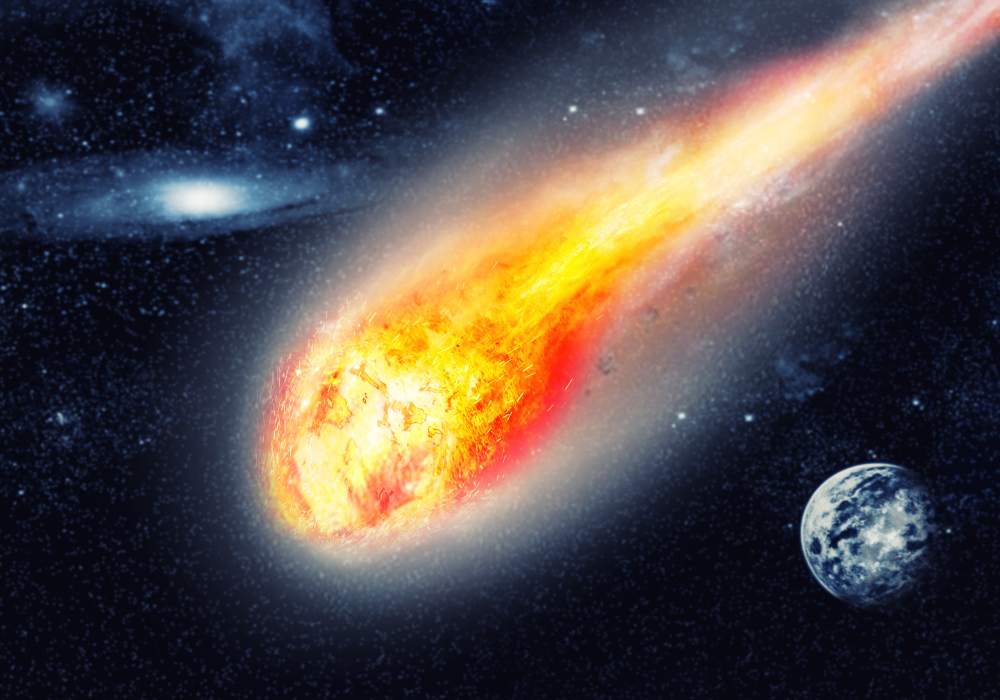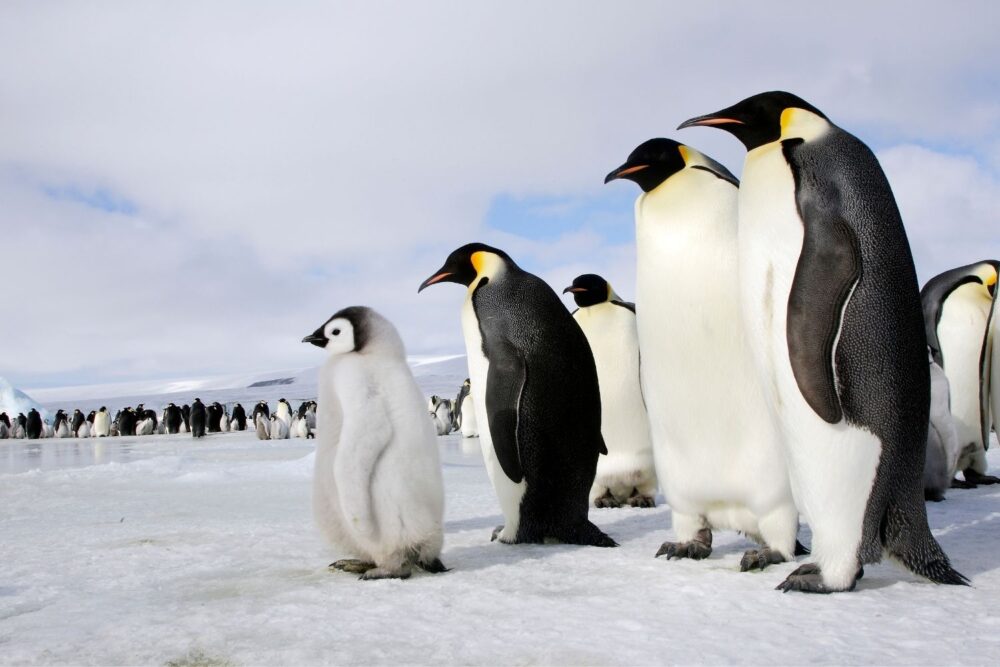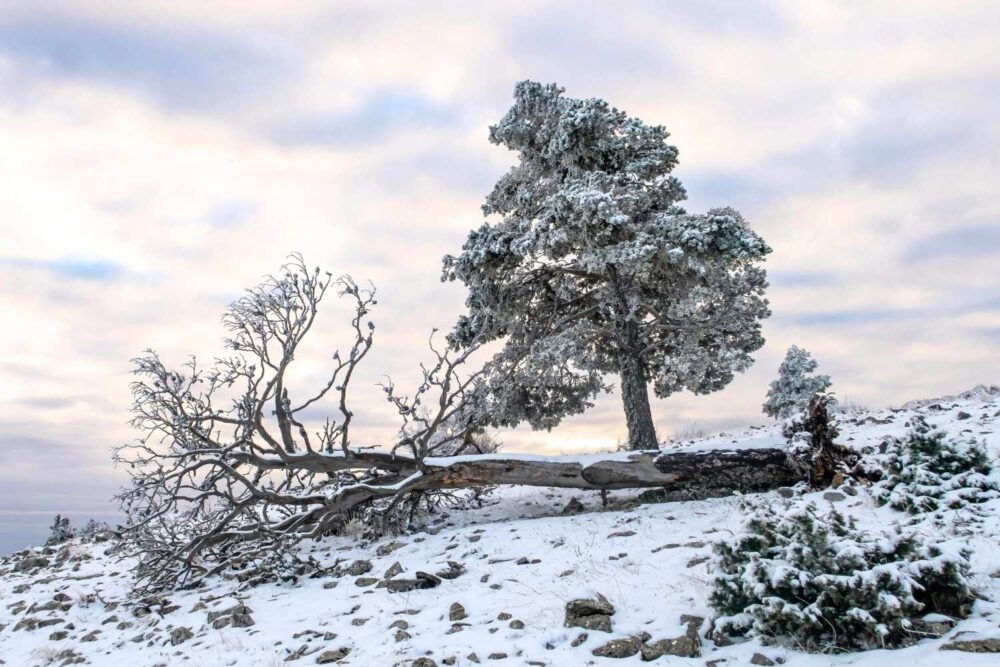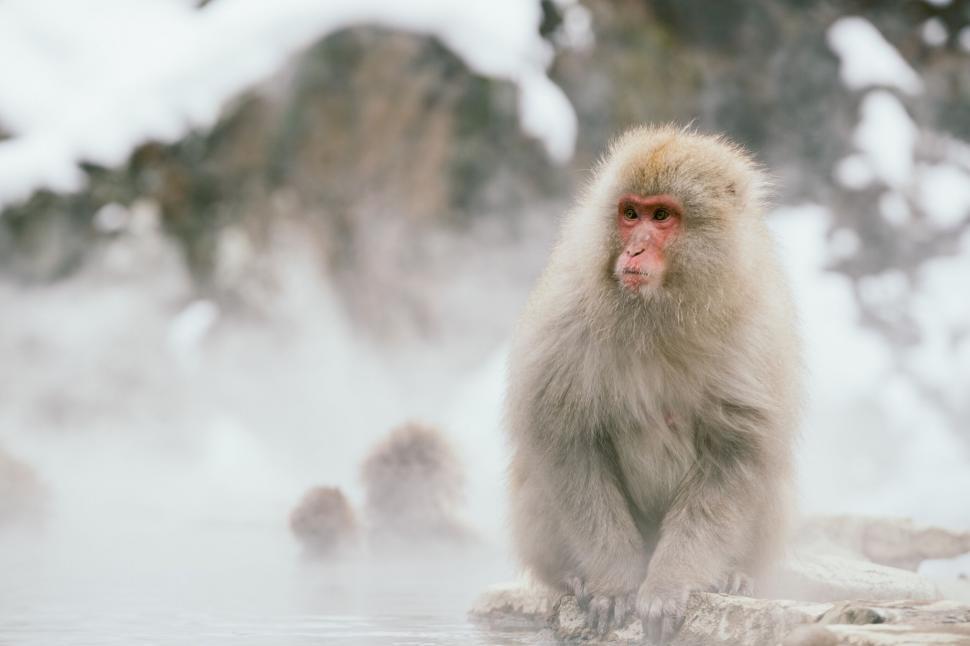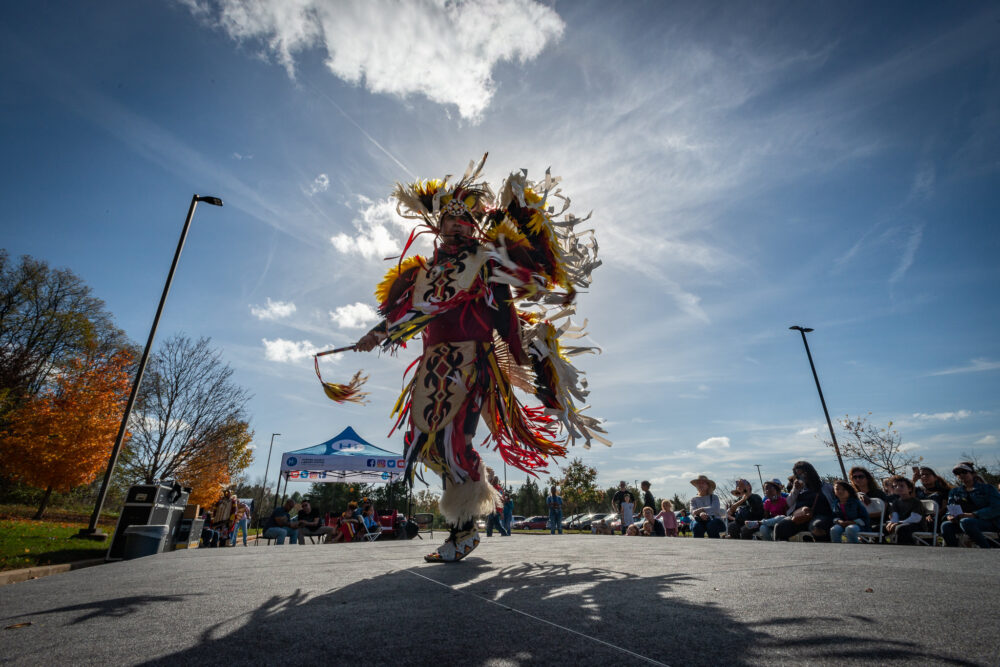Why the birds you want may already be nearby but not stopping.
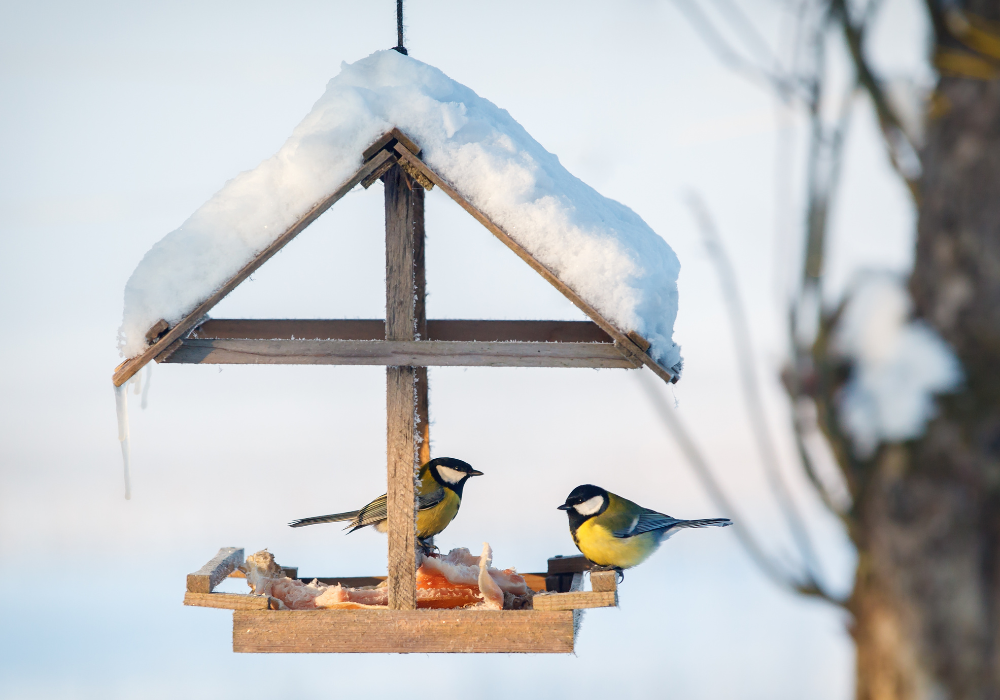
Setting up a bird feeder seems simple. Hang it, fill it with seed, and wait. But many people quickly notice the same birds showing up again and again, while the species they hoped to see never appear.
The reason usually isn’t luck. Birds pay close attention to placement, food type, cover, and timing. Small details send clear signals about whether a feeder is safe, useful, or worth the effort.
Slide by slide, this guide explains how birds decide where to feed and how a few intentional choices can turn a quiet feeder into one that attracts the species you actually want.

